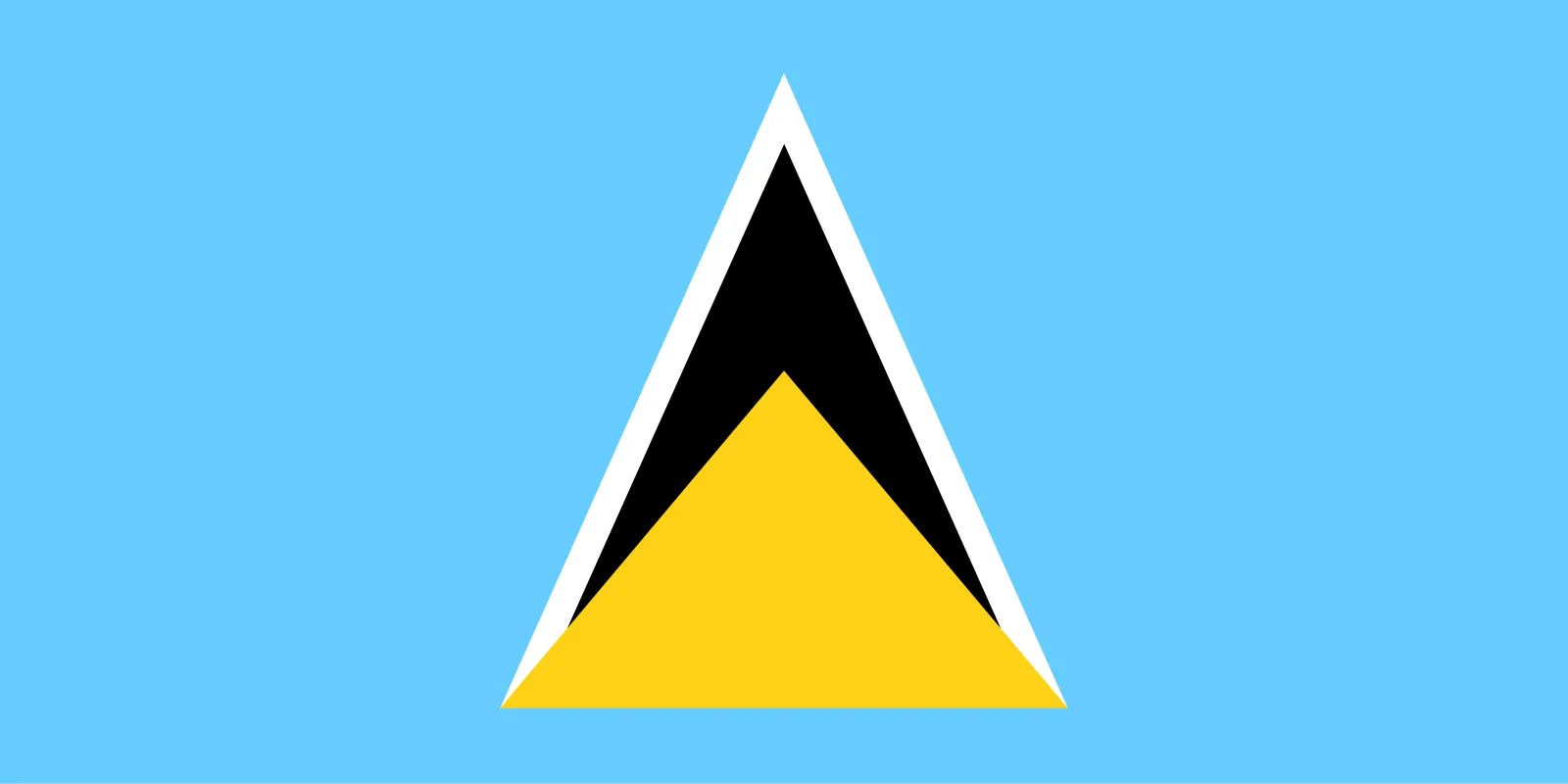Celebrating Saint Lucia Independence Day: History and Culture

Saint Lucia Independence Day, observed annually on February 22, stands as a testament to the resilience and rich history of this Eastern Caribbean jewel. It marks the moment in 1979 when Saint Lucia boldly embraced complete independence from the United Kingdom. The roots of Saint Lucia, however, delve deep into the past, intertwining with the narratives of Arawaks and Caribs, the indigenous peoples who first inhabited the island.
History
Saint Lucia’s story begins with the Arawaks, believed to have arrived between 200 and 400 A.D. Their imprint on the island led to the name ‘Iyanola,’ signifying the ‘Land of the Iguanas.’ Later, the Caribs seized control around 800 A.D., renaming it Hewanarau and eventually Hewanorra. The island’s strategic importance earned it the moniker ‘Helen of the West Indies,’ oscillating between French and British rule during the 17th century.
French Intrigue
In 1660, the French settled on Saint Lucia, initiating a complex history marked by a treaty with the Caribs. However, the British wrested control in 1663, sparking a series of conflicts that changed the island’s rule multiple times. The definitive control came in 1814 when Saint Lucia was officially ceded to the British by the French as part of the Treaty of Paris, becoming one of the British Windward Islands colonies.
Strides to Independence
Saint Lucia’s path to independence saw notable milestones. Joining the West Indies Federation in 1958 and achieving self-governance as a member of the West Indies Associated States in 1967 set the stage. Finally, on February 22, 1979, under the leadership of Sir John Compton from the conservative United Workers Party (U.W.P.), Saint Lucia celebrated its complete independence.
Celebrating Saint Lucia Independence Day
Saint Lucia Independence Day is a day of festivity and reflection. Various events adorn the day, including ceremonies, military and street parades, tennis tournaments, church services, cultural exhibitions, and concerts. The eve of independence, February 21, is marked as National Colors Day, where people proudly wear the country’s national colors in anticipation of the celebration.
Situated in the Eastern Caribbean Sea, Saint Lucia boasts a rich cultural tapestry woven by diverse influences. English serves as the official language, yet the majority of Saint Lucians converse in Creole French known as Patwa, adding a unique linguistic flavor to the island’s heritage. Saint Lucia Independence Day is a poignant reminder of the hard-fought battle for freedom, a day to honor the sacrifices that paved the way for autonomy. Freedom, a precious treasure attained through sacrifices, deserves appreciation. Saint Lucia Independence Day provides a moment for gratitude and reflection on the value of freedom. Being a public holiday, Saint Lucia Independence Day grants us valuable time for personal reflection, prayer, and a genuine appreciation for the liberties we hold dear. On February 21, the eve of Independence Day, Saint Lucians proudly wear the national colors, celebrating the diversity and unity that define their nation.
Joining the Festivities
The day itself invites everyone to partake in the celebrations. With events held across the island, Saint Lucia Independence Day provides an opportunity to engage with fellow Saint Lucians, fostering a sense of community and shared pride.
Community Commemoration
Communities can come together to organize events commemorating the independence of Saint Lucia. Simple gatherings, adorned in national colors, can serve as powerful expressions of unity and celebration.
5 Fascinating Facts About Saint Lucia
- Named after a Woman
Saint Lucia derives its name from Lucia of Syracuse, a Christian martyr, making it the only country named after a woman.
- Exclusive Parrot
The Jacquot, or Saint Lucia parrot, is endemic to the island, proudly serving as the country’s national bird.
- Unique Volcanic Experience
Sulphur Springs in Saint Lucia hosts the world’s only drive-in volcano, offering a mesmerizing and unparalleled natural spectacle.
- World Heritage Site
Saint Lucia is home to the majestic Pitons — Gros Piton and Petit Piton — recognized as a UNESCO World Heritage Site.
- Piton Pilsner
Adding to its unique offerings, Saint Lucia produces its own homebrew pilsner named Piton, a local favorite.
Saint Lucia Independence Day FAQs
Language and Discovery
- Official Language: English
- Discovery: Evidence suggests Juan de la Cosa, Columbus’ former navigator, set foot on the island in 1499.
End of Slavery
- Slavery Abolished: Although the British abolished the African slave trade in 1807, slavery in Saint Lucia was officially abolished in 1834.
St. Lucia Independence Day Dates
- 2024: February 22 (Thursday)
- 2025: February 22 (Saturday)
- 2026: February 22 (Sunday)
- 2027: February 22 (Monday)
- 2028: February 22 (Tuesday)
Saint Lucia Independence Day encapsulates a journey of resilience, cultural vibrancy, and the triumph of autonomy. As we celebrate this significant day, let us embrace the spirit of unity, freedom, and pride that defines Saint Lucian heritage.
Observer Voice is the one stop site for National, International news, Sports, Editor’s Choice, Art/culture contents, Quotes and much more. We also cover historical contents. Historical contents includes World History, Indian History, and what happened today. The website also covers Entertainment across the India and World.

